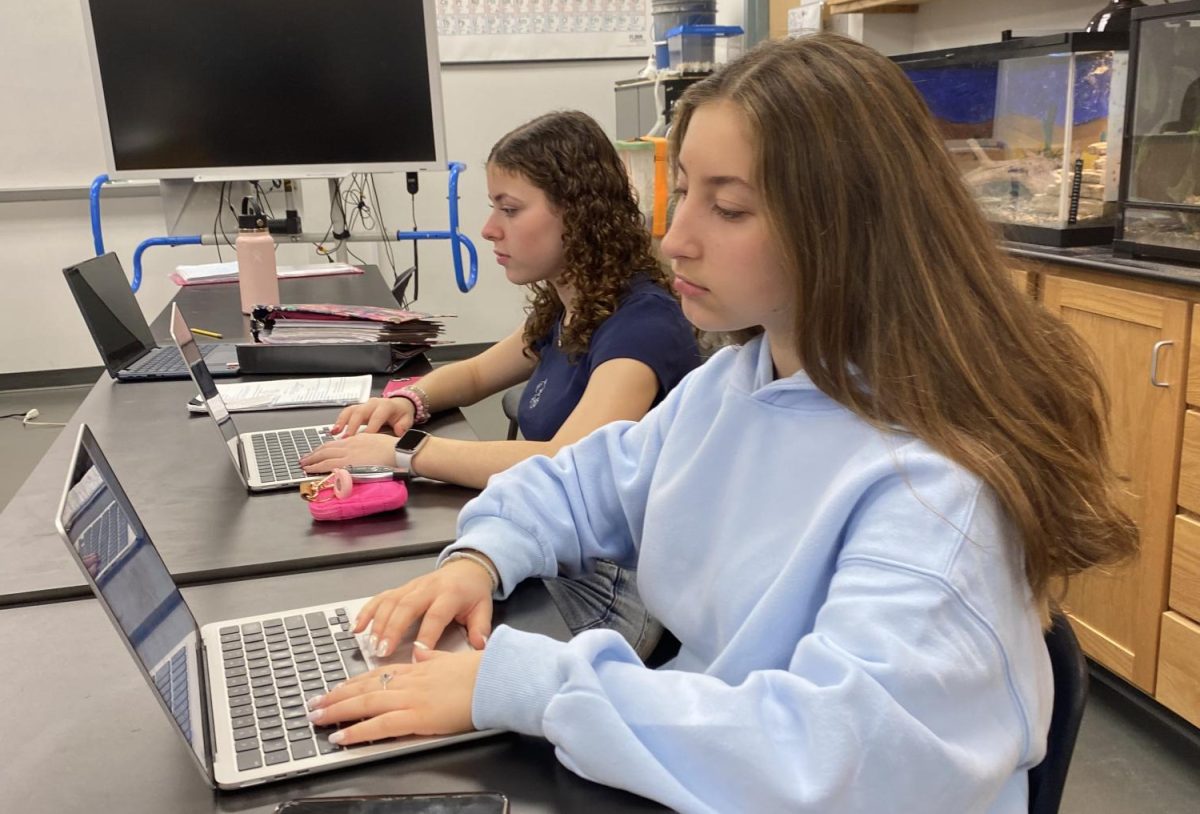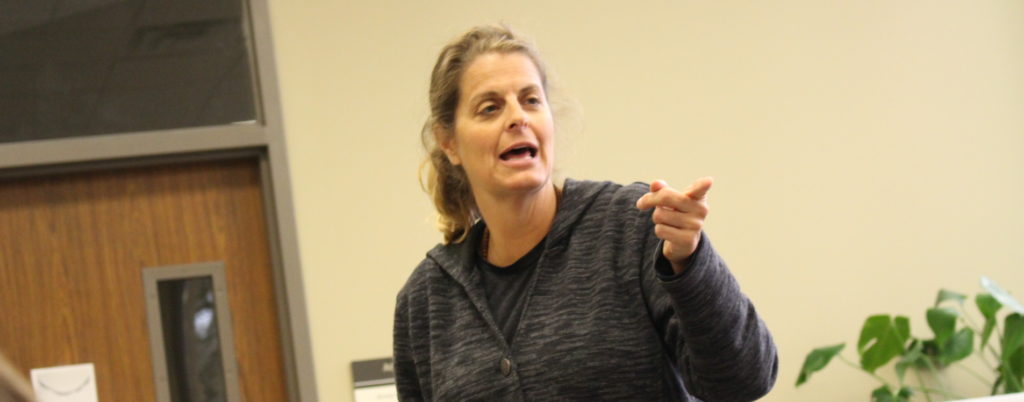Written by Natalie Bell and Eliana Schuster.
On March 13th, 2016, HBHA’s freshmen and sophomores embarked on a 9-day Civil Rights tour through the American South. On this journey, the students visited many prominent places from the Civil Rights movement, and they met people who participated in the activism as well as current social justice activists. The leaders and activists that the students met along the way shared their experiences in pursuing social justice and inspired the students to do the same.
On day 3 of the trip, students toured the Shiloh-Missionary Baptist Church and Rosenwald School in Notasulga, Ala. The tour was led by Felicia Chandler, a retired social worker and a member of the Missionary Society at the church. Her grandfather, Julius Mott, was experimented on in the notorious Tuskegee Syphilis Study. Chandler regularly leads tours of the Shiloh Missionary Baptist Church and Rosenwald School, and she “love[s] meeting people from all across the country.”
Chandler shared with the students her belief about the importance of learning about the history of injustice in the US: “People need to know what happened during the syphilis study. History is so important because when you know where you come from, you know where you’re trying to go.”
In Montgomery, Ala. HBHA and UA students visited the Equal Justice Initiative. While there, the students had the opportunity to ask a panel of attorneys and paralegals about the organization. One of the panel members, Nia Holston, a Paralegal for Equal Justice Initiative, said, “I think it’s incredibly important to be able to make the connections between what has happened in our country’s past and what is happening in our country in the present. As much progress as we’ve made, we still have so far to go, and we have to contend with history to enter this period of truth and reconciliation. We have to be able to intimately know this history, but also to intimately know what’s happening in the present and make changes on [current] issues.”
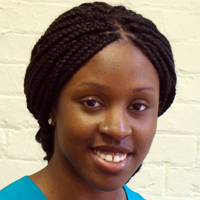
As the trip progressed, freshmen and sophomores learned about the connections between Jewish history and the Civil Rights Movement as they met and spoke to many southern Jews. In Birmingham, Ala., HBHA students connected with T.K. Thorne, a Jewish author and retired police captain. Thorne spoke to the students about her non-fiction book called “Last Chance for Justice” which details the investigator’s perspective on the bombing case when 4 girls were killed at 16th Street Baptist Church in 1963.
Thorne believes that it is important to study the the Civil Rights movement “in the same way it’s important to learn about the Holocaust. It was a terrible, dark time in history, and it’s too easy to think ‘that can never happen’ because it’s hard to believe that people could actually act like that and believe those kind of things. So it’s important to remind ourselves and to remind our children that this really happened, because there will be people that will say that it didn’t happen.” Thorne provided the students with a new perspective of the Church bombing and allowed them to connect further with the history of the Civil Rights movement.
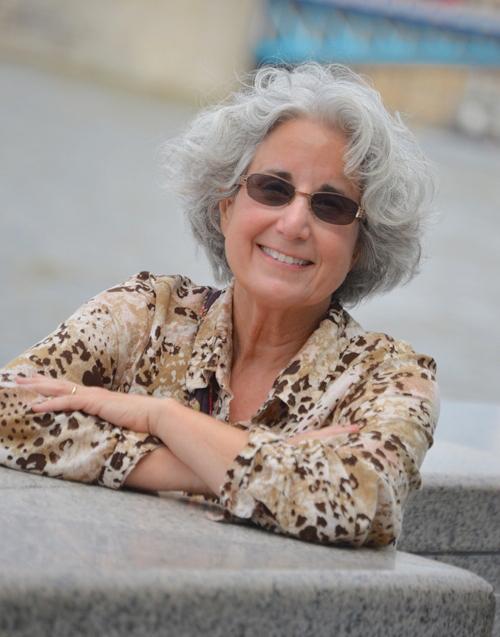
Towards the end of their journey, HBHA students visited The William Winter Institute for Race and Reconciliation on the campus of University of Mississippi. The Winter Institute’s mission is dedicated to “Ending all discrimination based on difference.” Dr. Jennifer Stollman, the Academic Director at The Winter Institute, spoke to students about the organization’s work and her belief that every individual is capable of changing the world.
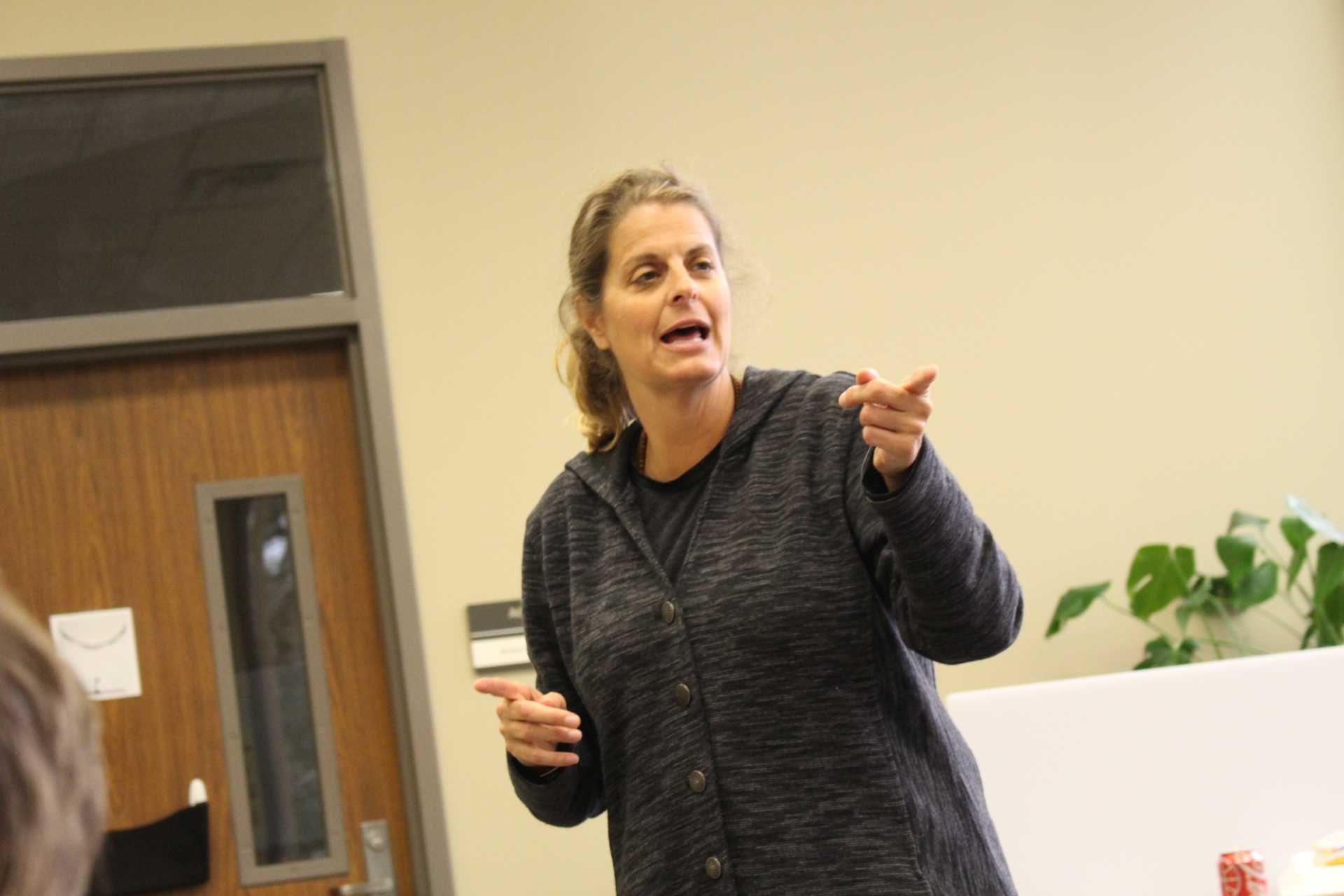
Stollman expressed that “as Americans we need to understand [the history of Civil Rights] to uphold and fulfill the aspirations of our Constitution. [It makes us] better citizens, better community members, and better professionals and I think we just have a moral responsibility to know our history and know how people fought.” In her work at The Winter Institute, Stollman focuses on training young people to combat oppression. Stollman said that she enjoys teaching younger people about social justice “because I think that they’re more receptive, [and] they’re more open to thinking about these hard issues. It’s better if we can interrupt them as they’re still developing ideas about freedom. I would never have the kind of engaging conversation that I have with students, with adults.”
While the students toured many incredible museums and walked through several historic locations, nothing compared to the stories that they heard from those who experienced the Civil Rights movement firsthand. Listening to their versions allowed the students to truly connect to the Civil Rights movement. They returned from the trip with a passion for social justice and a desire to change the world.




































